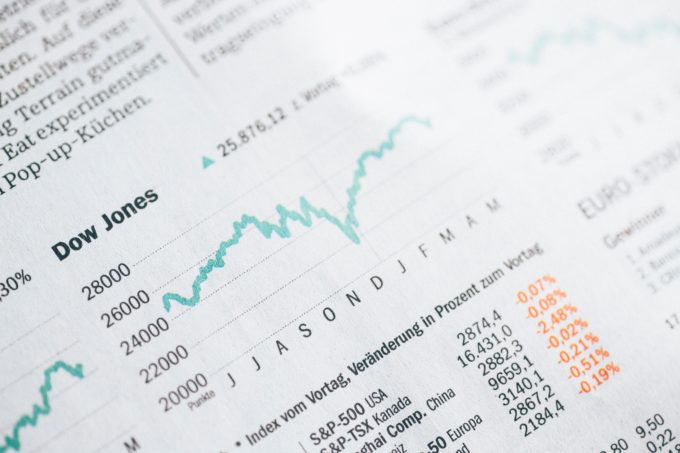A moment in time or a lasting change? Can the financial services industry use Covid-19 as an opportunity to reset its reputation and earn trust?

By Liz Willder, Director, Head of Financial Services
There are two main concerns for people right now – their health and their wealth.
Alongside the supermarkets and health providers, arguably financial services providers are central to the survival of many households in the coming weeks and months, as people look for guidance and help to manage their money at this testing time. Whether its worries over job security, being self-employed, sick pay, paying the mortgage, plummeting stock markets, interest rate cuts and the knock on impact on savings, increased risk of fraud, claiming on insurance for a cancelled holiday, how to juggle the day to day budgeting /paying the bills or more broadly, entering into a global recession, financial matters have arguably never been more overwhelming for us all.
COVID-19 presents the financial services industry with an opportunity to demonstrate value in a new way; to respond to external factors beyond their control with innovative product and service solutions; to be nimble; to act at pace; to be human and empathise with customers – and in doing so, dispel the myths around reputation and trust that have tarred the industry for so long.
Without doubt, in recent years, the industry has made great strides in doing things differently. Challenger brands and Fintechs have prompted traditional brands to rethink technology and accessibility. Consumer brands broadening their offering into the financial services space, have forced brands to review service and loyalty. And as a result, consumers have come to expect financial services brands to step up, or risk losing business.
Over the course of the last week we have seen banks, mortgage providers, credit card companies and insurers respond to the new normal – but with a mixed response.
Amongst all the brand emails I received from CEOs in the last fortnight, I have to admit, that information from my bank, my mortgage lender, my life insurer, my travel insurer and my investment platform, were on the whole, slow to come. But when they did, they came in their droves, and on the whole, offered well-meant tips and advice.
Some of the more nimble robo-platforms made quick attempts to reassure investors that it’s time in the market, not timing the market, as customers see the value of their investments nosedive; we’ve seen payment providers increase the contactless limits in a bid to dissuade people from using cash; three month mortgage holidays, the waiving overdraft fees until the end of April, the list goes on…. But on the flip side, alongside closure to new business on travel insurance (understandable) and removal of tracker mortgages and lending over 60% LTV, I’ve also seen plenty of comms that lack the human touch, including poorly worded letters advising clients that they are ‘duty bound to report that the value of your portfolio has fallen by 10%’ – full of regulatory jargon.
Brands have undoubtedly already shown that they are willing and able to act quickly – responding to markets, the environment, central banks, Government guidelines and customer needs – and this no doubt will have a positive impact on customer loyalty in the short and medium term. But those that want to drive a measurable change in loyalty in the longer term, need to demonstrate that this behaviour in a time of crisis is a behaviour that is here to stay, and that customers can trust them to do the right thing, not just in the here and now, but permanently.
It will be interesting to see how the financial services industry uses COVID-19 as a moment in history to pivot their behaviour, cement a lasting change, improve reputation and earn trust. Could it be that this crisis actually presents the industry with an opportunity to create a lasting positive change? What happens when the temporary product and service benefits are removed?
Afterall, consumers will remember how brands behaved during this crisis. And that behaviour will set the bar for how companies are measured long after the crisis has disappeared.
Find Out More
-
Achieving Outsized Impact by Building Stronger Country Reputation
February 18, 2025


